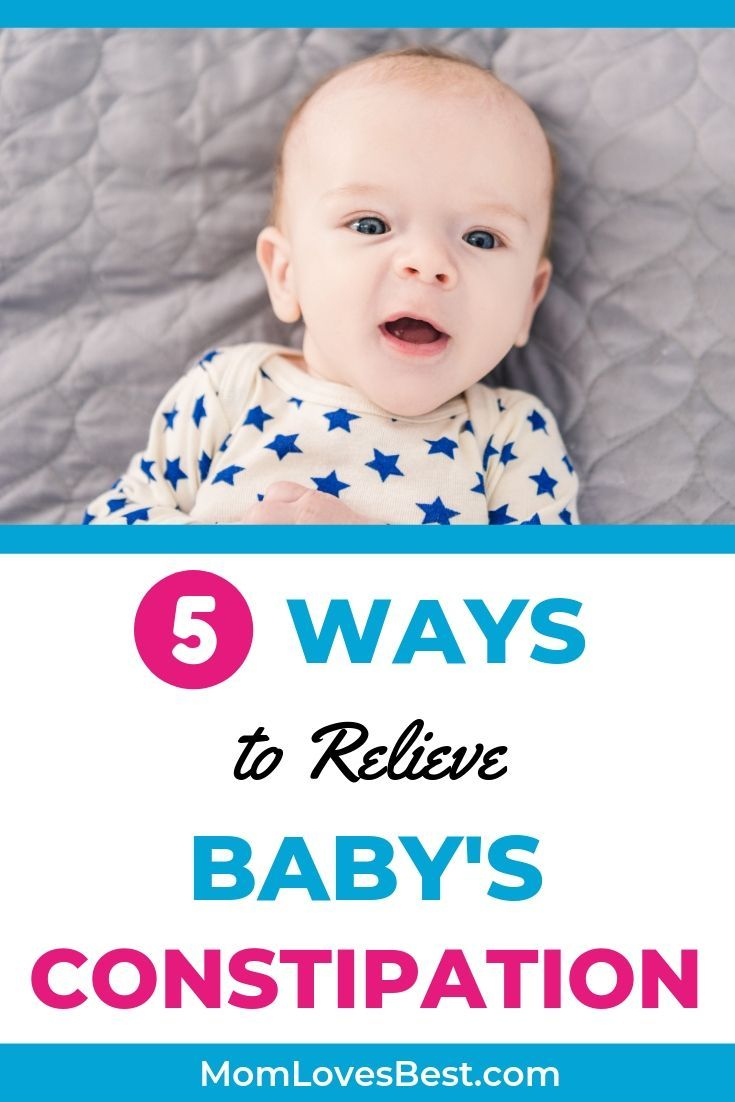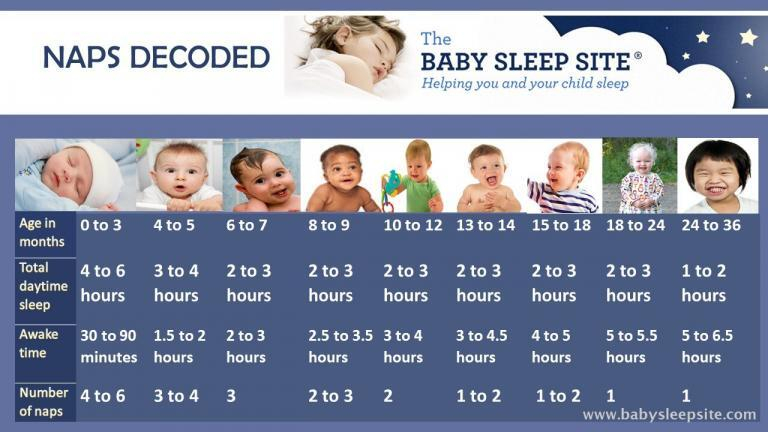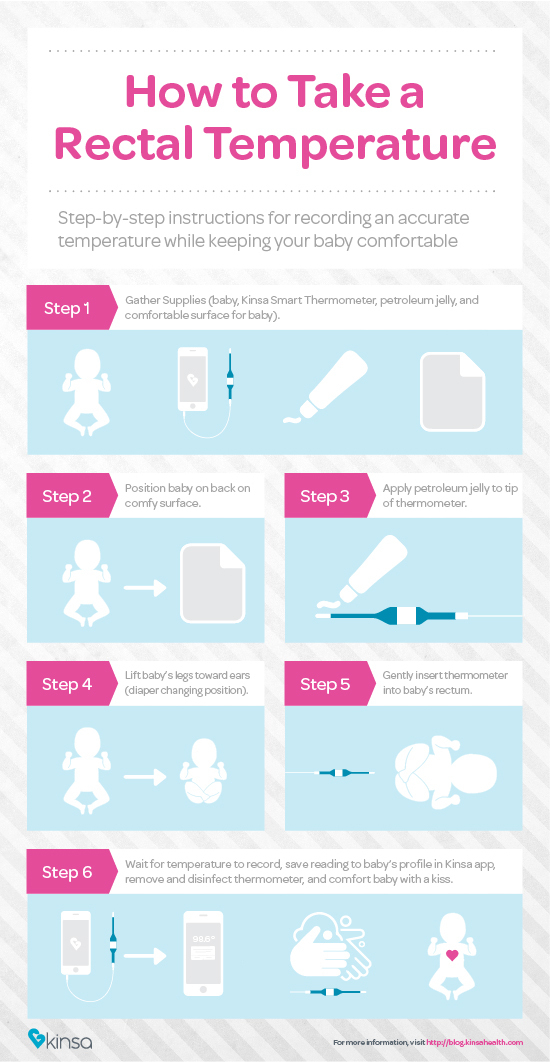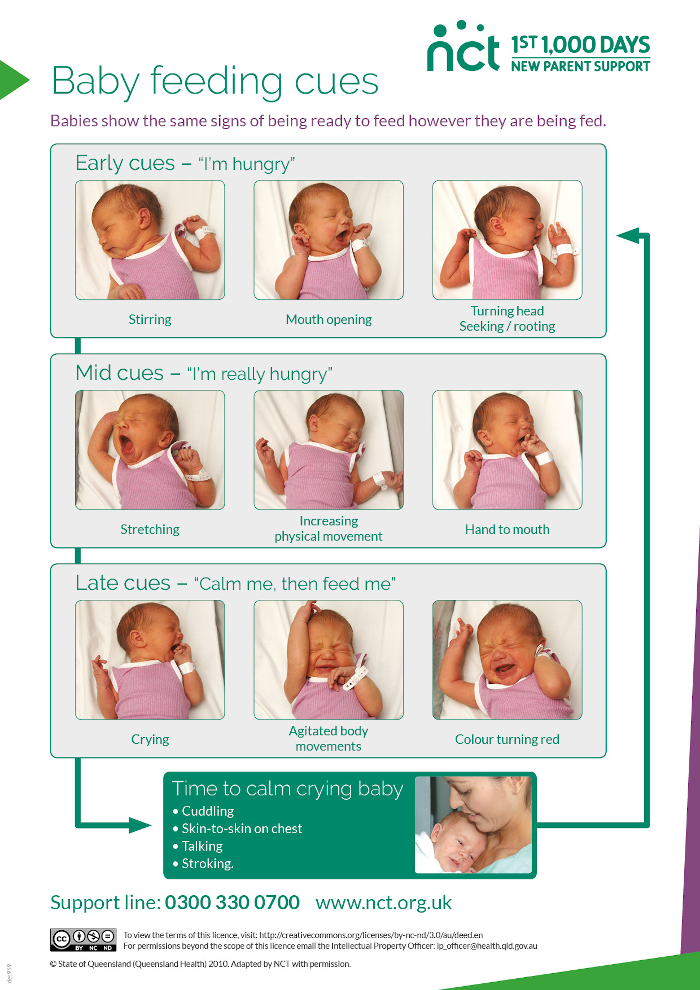How Long Should A Baby Go Without Pooping: A Comprehensive Guide
Are you a new parent wondering how long should a baby go without pooping? This is a common concern for many parents, and understanding what is normal can help ease your worries. In this article, we will explore the topic in detail, providing you with valuable information on this important aspect of your baby’s health.
Knowledge
When it comes to how long a baby can go without pooping, there is no one-size-fits-all answer. The frequency of bowel movements can vary greatly from one baby to another, and what is considered normal can depend on various factors such as age, diet, and overall health.
For newborn babies, it is common for them to have several bowel movements a day, sometimes after each feeding. Breastfed babies tend to have more frequent bowel movements compared to formula-fed babies. As babies grow older, their bowel habits may change, and it is not unusual for them to go a few days without pooping.
If your baby is not pooping as frequently as usual, it is essential to pay attention to other signs of discomfort or distress. Signs that your baby may be constipated include hard or pellet-like stools, straining during bowel movements, and irritability. If you notice these signs, it is important to consult with your pediatrician for proper evaluation and guidance.
There are several factors that can contribute to constipation in babies, including dehydration, formula intolerance, and certain medical conditions. Making sure your baby stays hydrated and providing a balanced diet can help prevent constipation. If your baby is experiencing prolonged periods without pooping, it is important to seek medical advice to rule out any underlying issues.
Conclusion
In conclusion, understanding how long a baby should go without pooping can help you monitor your baby’s health and well-being. While there is no set rule for how often a baby should poop, paying attention to your baby’s individual habits and seeking medical advice when needed is crucial.
Remember that every baby is different, and what is normal for one baby may not be the same for another. By staying informed and observant, you can ensure that your baby is healthy and happy.
Ultimately, the well-being of your baby is paramount, and being proactive in addressing any concerns regarding bowel movements is essential for their overall health. Trust your instincts as a parent and seek guidance from healthcare professionals when needed.






